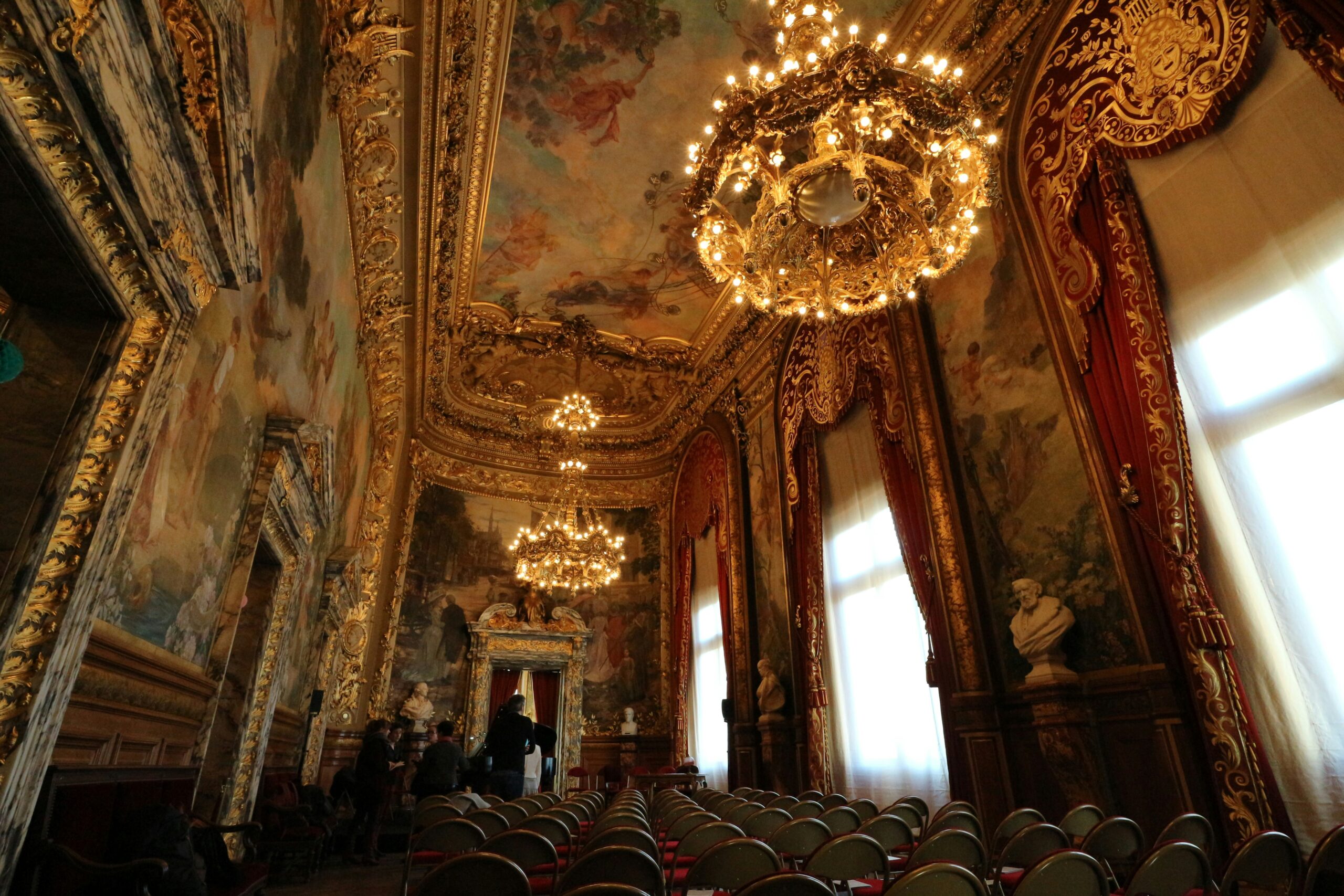j’en serai quitte
The French phrase “j’en serai quitte” means “I will just have to,” “I will get away with it,” or “all it will cost me is…” The word “quitte” comes from the idea of being free of a debt or obligation once something has been paid or endured. In everyday French, this phrase often introduces the lesser consequence of something that could have been worse.
Basic usage
A common example is:
“J’ai raté le dernier bus, j’en serai quitte pour aller à pied.”
“I missed the last bus, I will just have to walk.”
Here, the inconvenience is limited to walking instead of taking the bus. The phrase highlights that this is not a disaster, only a minor annoyance.
Another example:
“Il m’a oublié, mais j’en serai quitte pour l’appeler moi-même.”
“He forgot me, but I will just have to call him myself.”
The person gets away with only the small burden of making the call.
Emphasis on limited consequences
The phrase is often used to contrast a feared or possible major problem with the actual minor outcome.
“Je pensais que ma voiture était sérieusement endommagée, mais j’en serai quitte pour une petite réparation.”
“I thought my car was badly damaged, but I will get away with just a small repair.”
“On aurait pu perdre beaucoup d’argent, mais finalement on en sera quitte pour une amende.”
“We could have lost a lot of money, but in the end we will get away with just a fine.”
Variations and tenses
The expression can appear in different tenses depending on the context.
Future tense:
“Si je me trompe, j’en serai quitte pour recommencer.”
“If I make a mistake, I will just have to start over.”
Present tense:
“J’en suis quitte pour un mal de tête.”
“I only have to deal with a headache.”
Past tense:
“Après cette dispute, j’en ai été quitte pour des excuses.”
“After that argument, I got away with just giving an apology.”
Conditional:
“Au pire, j’en serais quitte pour un avertissement.”
“At worst, I would get away with just a warning.”
Related expressions
The word “quitte” is also used in other French expressions with a similar idea of being freed from obligation.
“Être quitte envers quelqu’un”
“To be even with someone”
Example:
“Tu m’as aidé hier, je t’ai aidé aujourd’hui, nous sommes quittes.”
“You helped me yesterday, I helped you today, we are even.”
“Rester quitte”
“To remain free of obligation”
Example:
“Il a rendu l’argent, il reste quitte.”
“He gave back the money, he remains free of debt.”
These related uses share the same underlying idea: paying what is due and being released from further consequences.






